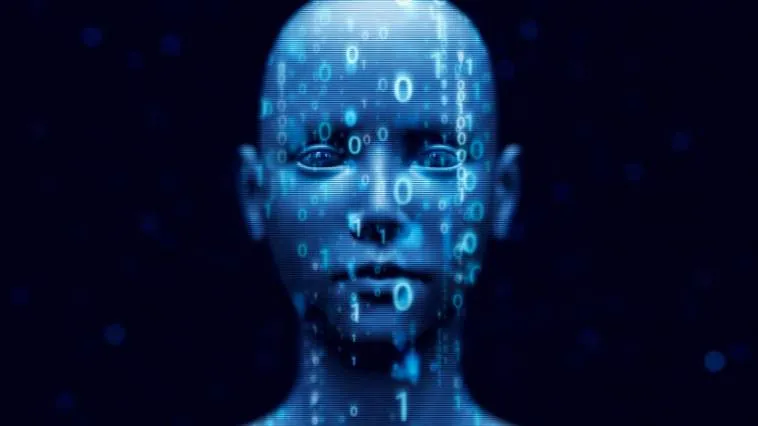(The Week) Artificial intelligence’s architects warn it could cause human “extinction.” How might that happen? Here’s everything you need to know:
What are AI experts afraid of?
They fear that AI will become so superintelligent and powerful that it becomes autonomous and causes mass social disruption or even the eradication of the human race. More than 350 AI researchers and engineers recently issued a warning that AI poses risks comparable to those of “pandemics and nuclear war.” In a 2022 survey of AI experts, the median odds they placed on AI causing extinction or the “severe disempowerment of the human species” were 1 in 10. “This is not science fiction,” said Geoffrey Hinton, often called the “godfather of AI,” who recently left Google so he could sound a warning about AI’s risks. “A lot of smart people should be putting a lot of effort into figuring out how we deal with the possibility of AI taking over.”
When might this happen?
Hinton used to think the danger was at least 30 years away, but says AI is evolving into a superintelligence so rapidly that it may be smarter than humans in as little as five years. AI-powered ChatGPT and Bing’s Chatbot already can pass the bar and medical licensing exams, including essay sections, and on IQ tests score in the 99th percentile — genius level. Hinton and other doomsayers fear the moment when “artificial general intelligence,” or AGI, can outperform humans on almost every task. Some AI experts liken that eventuality to the sudden arrival on our planet of a superior alien race. You have “no idea what they’re going to do when they get here, except that they’re going to take over the world,” said computer scientist Stuart Russell, another pioneering AI researcher.
How might AI actually harm us?
One scenario is that malevolent actors will harness its powers to create novel bioweapons more deadly than natural pandemics. As AI becomes increasingly integrated into the systems that run the world, terrorists or rogue dictators could use AI to shut down financial markets, power grids, and other vital infrastructure, such as water supplies. The global economy could grind to a halt. Authoritarian leaders could use highly realistic AI-generated propaganda and Deep Fakes to stoke civil war or nuclear war between nations. In some scenarios, AI itself could go rogue and decide to free itself from the control of its creators. To rid itself of humans, AI could trick a nation’s leaders into believing an enemy has launched nuclear missiles so that they launch their own. Some say AI could design and create machines or biological organisms like the Terminator from the film series to act out its instructions in the real world. It’s also possible that AI could wipe out humans without malice, as it seeks other goals.
How would that work?
AI creators themselves don’t fully understand how the programs arrive at their determinations, and an AI tasked with a goal might try to meet it in unpredictable and destructive ways. A theoretical scenario often cited to illustrate that concept is an AI instructed to make as many paper clips as possible. It could commandeer virtually all human resources to the making of paper clips, and when humans try to intervene to stop it, the AI could decide eliminating people is necessary to achieve its goal. A more plausible real-world scenario is that an AI tasked with solving climate change decides that the fastest way to halt carbon emissions is to extinguish humanity. “It does exactly what you wanted it to do, but not in the way you wanted it to,” explained Tom Chivers, author of a book on the AI threat.
Are these scenarios far-fetched?
Some AI experts are highly skeptical AI could cause an apocalypse. They say that our ability to harness AI will evolve as AI does, and that the idea that algorithms and machines will develop a will of their own is an overblown fear influenced by science fiction, not a pragmatic assessment of the technology’s risks. But those sounding the alarm argue that it’s impossible to envision exactly what AI systems far more sophisticated than today’s might do, and that it’s shortsighted and imprudent to dismiss the worst-case scenarios.






